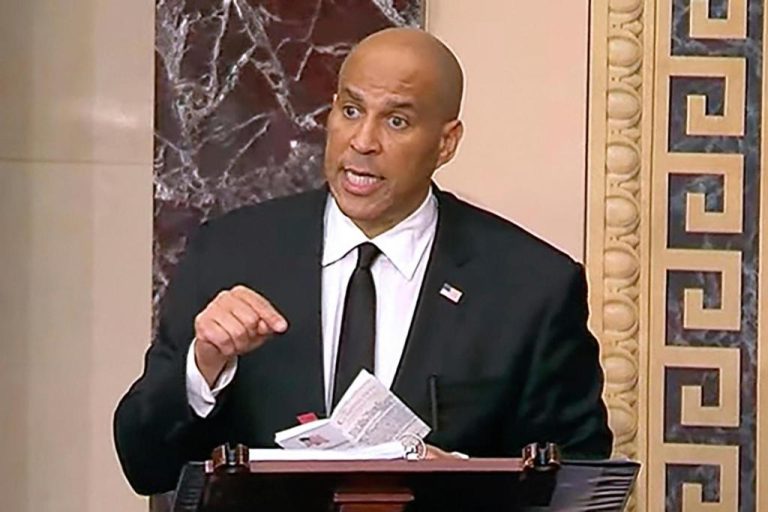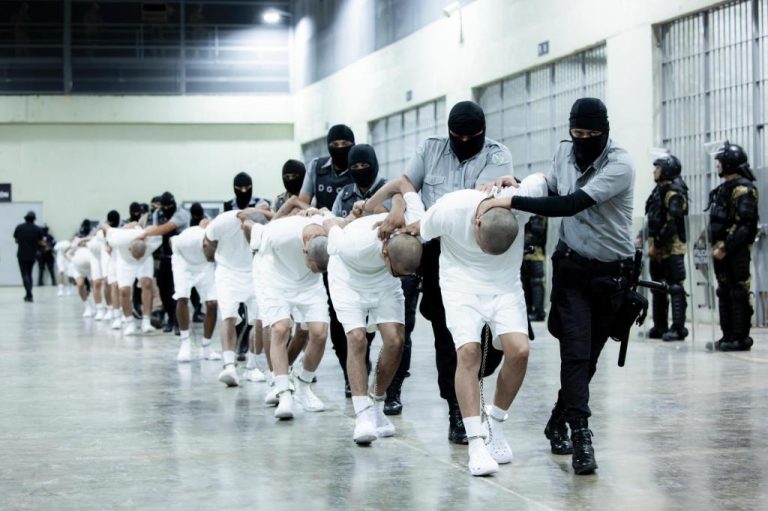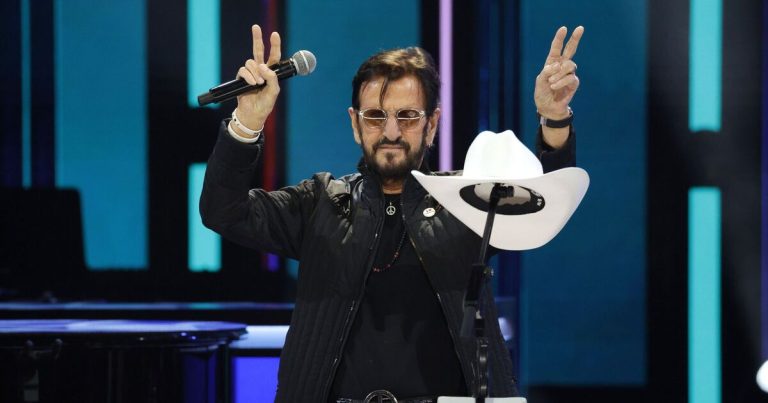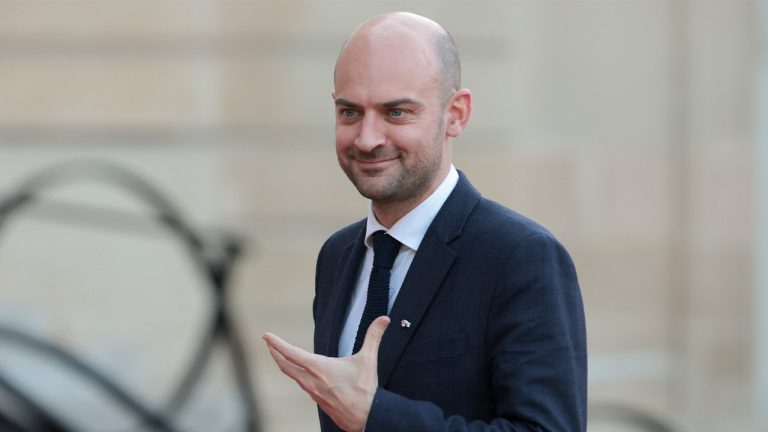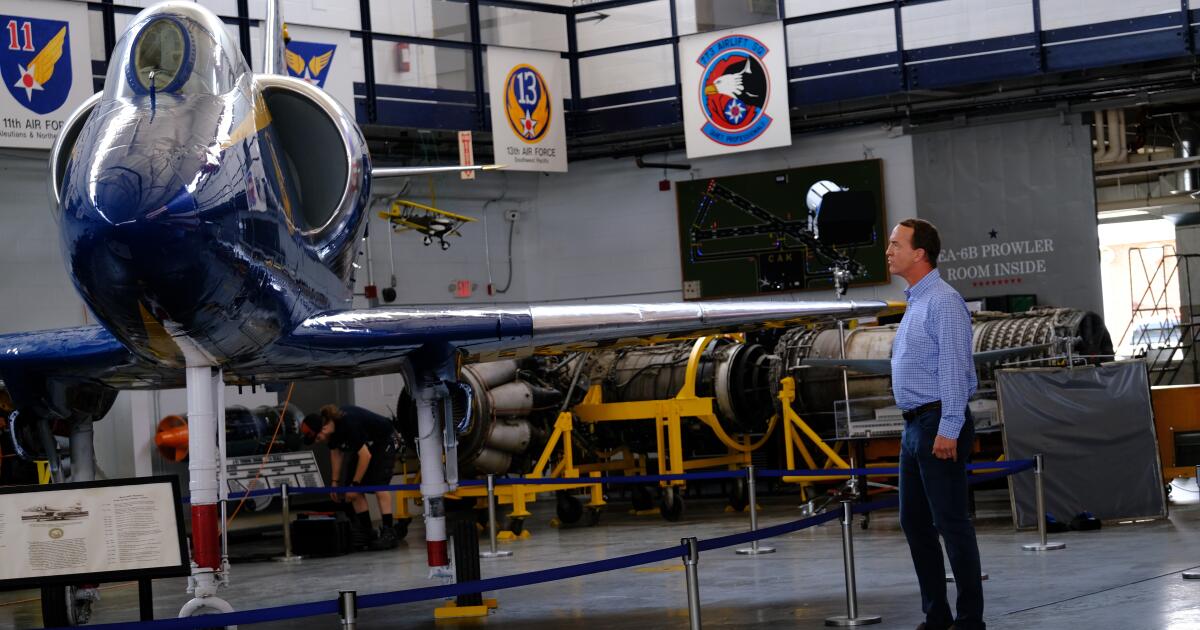
Peyton Manning isn’t the first person I would’ve picked to love on Don Coryell and the “Air Coryell” offense.
Manning clashed with Chargers teams of subsequent eras. His brother Eli asked the Chargers not to draft him so he could end up with the New York Giants, earning him much razzing from San Diegans when he visited Mission Valley.
Peyton’s admiration for all things Coryell, however, rings as true as Dan Fouts dart to Charlie Joiner in the Colts Hall of Fame quarterback’s paean to “Air Coryell” now airing on “Peyton’s Places,” an ESPN+ series in its fourth season.
Turns out Manning was a big fan of Wes Chandler.
The smooth flanker caught passes from Peyton’s dad, Archie Manning, with the New Orleans Saints before joining Coryell’s Chargers as a replacement to the spectacular John Jefferson.
“Beside my dad,” Peyton tells Chandler during his chat with “Air Coryell” playmakers in his visit to San Diego, “you were my favorite player for the New Orleans Saints. There’s video to prove that.”

Former Chargers receiver Wes Chandler, shown during a 1982 game in Miami, was among Peyton Manning’s favorite players as a kid.
(Uncredited / Associated Press)
Watching as a boy in New Orleans as Chandler and the “Air Coryell” offense frolicked in the great San Diego outdoors, Manning became curious about Coryell and his dazzling offenses that led the NFL in passing in six consecutive years, an NFL record.
“What was unique to me is, it truly was his system,” Manning tells Chandler, Fouts, Joiner and Kellen Winslow. “He didn’t work for Paul Brown or Vince Lombardi and kind of copy their system. This was his stuff.”
My favorite part of the chat: Chandler chalks out the Coryell route tree.
Brilliant for its simplicity and versatility, Coryell’s offense designates nine basic routes with numbers one through nine. Even numbers denote “in” routes. Odd numbers denote “out” routes. Three-digits calls assign a single-digit apiece to the split end, tight end and flanker in that order.
Learning Coryell’s system was far easier than learning word counts that Manning likened to encyclopedia entries.
“The second week in, I knew everything that it was to know,” says Chandler, who came to San Diego through a trade early in the 1981 season after a contract dispute sent Jefferson to the Green Bay Packers.
“Coryell’s number-based system painted an instant picture of the entire play,” says Manning.
“There was a big play built into every play we called,” adds Winslow.

Former Chargers Dan Fouts, Charlie Joiner and Kellen Winslow talk to Peyton Manning as part of the “Peyton’s Places” episode about “Air Coryell.”
(NFL Films)
Manning was curious as well about Fouts’ penchant for backpedaling on his dropbacks.
“I learned that from Johnny U,” Fouts says of Johnny Unitas, a Chargers teammate late in the former Colts star’s Hall of Fame career. “He said if you want to see the whole field while you’re throwing the ball, you’d better look at it.”
Manning traces to Coryell many aspects of NFL offenses today.
“The NFL is now a pass-first league,” he says, “and the fundamentals of ‘Air Coryell’ using all five receivers, constant motion and formations, throwing deep and that passing tree are fundamental to just about everyone. That’s why, in August of 2023, Don Coryell finally got his bust in bronze.”
The 22-minute episode was filmed in San Diego. “Air Coryell” props, which I’ll keep a secret here, add to the texture.
“We have to talk about what ‘Air Coryell’ meant for football,” Manning says before addressing Fouts and friends as “the pilot and his wingmen.”
They succeeded.
Sounding Off
Yes, Eli Manning warrants enshrinement in the Pro Football Hall of Fame.
The logic for this begins with unclenching a fist, and going back to before Eli threw his first NFL pass.
Evaluating this particular career, voters must include Eli’s prescient decision to not play for Dean Spanos if he could instead play for the Giants. Even San Diegans who still wear Chargers pajamas can now see the benefits of that decision by looking at a pair of Lombardi trophies. Less than two years after Manning first started for the Giants, it was revealed publicly that discord between Chargers GM A.J. Smith and coach Marty Schottenheimer ate away at their relationship. Schottenheimer wrote at career’s end he went several weeks at times without talking to the Generalissimo.
Being with the Giants ultimately provided Eli a terrific head coach in Tom Coughlin and championship-caliber defensive front in 2007-08 that took down a great Patriots offense in a Super Bowl. In addition to winning opposite Tom Brady in two Super Bowls, Manning had a terrific NFC title game, opposite Hall of Famer Brett Favre in frozen Green Bay, leading to New York’s victory as an eight-point underdog against the 15-1 Packers.
Eli gets in, a looooong time from now, as a 51-49 candidate.
- Joe Burrow is done for this year and so are the Bengals. Neither the Chargers nor their fans can relate.
- Kudos to San Diego’s Alex Smith, the former NFL QB, for pointing out every so clearly that AFC East “rivals” in Buffalo, Miami and New York often stunk across the 20 years of the Brady-Belichick dynasty.
- Austin Ekeler is about 80 percent of his peak form. Still a pretty good player, but he’s not the special playmaker he was, week in and week out.
- Funny how the Chargers are suffering from the same plague that wiped out this year’s Padres. When one unit shines, the other stinks and vice-versa. Who lasts longer in his job — Tom Telesco or A.J. Preller?
- The Eagles’ certainty that their offense will get a yard or two whenever that’s needed shapes entire series, not just the actual handful of plays. More than that, it’s like a fierce undertow that drags down opposing defenses, most recently the Bills on Sunday night. It’s like Mariano Rivera looming as a hammer during the Yankees’ dynasty that won four World Series between 1996-2000.
- Number of defensive snaps San Marcos’ Fred Warner, the 49ers’ All-Pro, signal-calling LB, missed in two games played across five days? Zero.
- The Eagles (10-1) are favored by three points for Sunday’s home game (1:25 p.m., Fox) against the 49ers of San Diego’s John Lynch Jr. and Warner. The most impressive of Niners players in last years’ NFC title game loss at Philadelphia? Christian McCaffrey. He’ll cause big problems once again.

